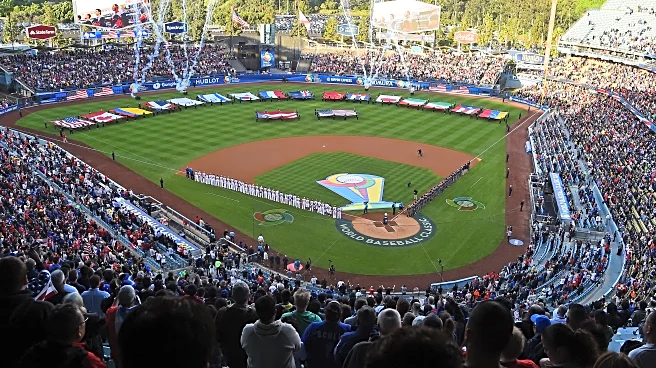Rapid Read • 7 min read
The hospitality industry is witnessing a transformation with the adoption of centralized hotel platforms utilizing a hub-and-spoke architecture. This system design integrates various operational modules, ensuring informational integrity and flexibility to connect with best-in-class platforms. The approach enables hotels to enhance service quality, increase upsells, and boost total revenue while reducing costs per occupied room (CPOR) and freeing up managerial time. By leveraging match-and-merge logic, hotels can eliminate redundant guest profiles, improving CRM segmentation accuracy and enabling personalized service. Real-time interoperability allows for dynamic suppression of irrelevant promotions and targeted upsell offers based on guest behavior. This system-level interoperability empowers hotels to execute personalized service at scale, driving genuine loyalty and maximizing total revenue per available guest (TRevPAR).
AD
The implementation of centralized hotel platforms is crucial for the hospitality industry to deliver personalized service and optimize revenue. By integrating guest data across various systems, hotels can enhance CRM segmentation and marketing strategies, leading to increased direct bookings and guest satisfaction. The ability to recognize high-value guests and provide context-driven interactions ensures a superior guest experience, fostering loyalty and repeat business. As hotels face increasing competition, adopting interoperable systems is essential for maintaining a competitive edge and future-proofing operations. The shift towards centralized platforms represents a strategic move to enhance service quality and drive revenue growth.
The adoption of centralized hotel platforms raises important considerations regarding data privacy and security. As hotels collect and integrate guest data, ensuring compliance with data protection regulations is paramount. Additionally, the reliance on automated systems for personalized service may require a balance between technology and human interaction to maintain the personal touch that guests value. The long-term success of these platforms will depend on their ability to adapt to evolving guest expectations and technological advancements, ensuring they continue to deliver value and enhance the guest experience.
AD
More Stories You Might Enjoy












